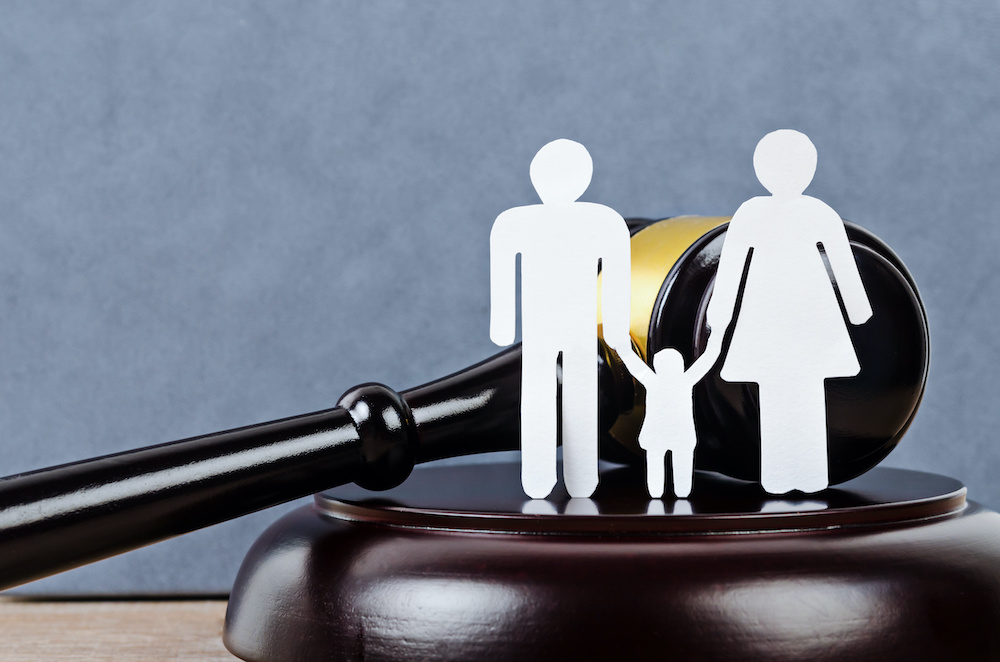
Coronavirus appears all over the news—and with good reason. Some people contract the virus as a serious illness. Thankfully, for the great majority of people diagnosed with COVID-19, the symptoms remain relatively mild. Nevertheless, everyone (even those who remain in good health) should take steps to protect their loved ones in the event they grow seriously ill. This applies even if the illness has nothing to do with Coronavirus.

Estate Planning in the age of COVID-19
Among those who die from Coronavirus often display underlying secondary medical conditions. In fact, many reside in nursing homes. Nevertheless, we need to take care for our neighbors and communities. Do your part by staying home when sick. Also, frequently wash your hands. Sanitize frequently-touched surfaces, wear a mask, and follow expert advice.
Although most people escape serious danger even with Coronavirus, use the pandemic as a wake-up call create or update your estate plan. No one knows what tomorrow will bring. So, for your own peace of mind and the good of your loved ones, stop procrastinating.
Include these notes to create an estate plan to protect you and your family, in case you suddenly grow very ill or die:
COVID-19 Last Will and Testament and/or a Trust

A will enables you to specify who should receive your money and property. In addition, name a guardian(s) to care for your children or other dependents and a conservator to handle their financial needs. For many, however, a will alone will not suffice, as it is only applies after you pass away.
In a revocable living trust, you can name yourself as a trustee and continue to exercise control over the money and property you transfer to the trust. This also enables you to name a co-trustee or successor trustee to manage your money and property. In addition, specify how and when funds should be distributed. Further, if you transfer all of your property into the trust, your loved ones won’t have to go through the probate process. This is a plus, since probate can be expensive, time consuming, and open to the public.
For some, other types of trusts achieve particular goals. For example, protecting assets from creditors or providing for a child with special needs.

Note: Failure to create a will or trust specifying who should receive your money and property when you die means it will pass to the individuals specified in the state intestacy statute. Who will receive the shares mandated by the statute? Obviously, this is not optimal, as the people and shares spelled out in the statute differ from what you would have specified in your estate planning. Moreover, states require probate for the administration of an estate if someone dies without a will or trust. In addition, a court appoints a guardian and/or conservator to care for your children. And the person appointed may not be the individual you would have chosen.
Check back next week to read part two of this two-part series.
About Skvarna Law Firm in Glendora and Upland, California

Skvarna Law Firm operates offices in Glendora and Upland, California. We provide legal services. We cover San Bernardino, Los Angeles, Orange and Riverside Counties. This includes several cities. Upland, Ontario, Rancho Cucamonga, Fontana, Colton, Rialto, Chino, Chino Hills, Glendora, Claremont, Pomona, La Verne, Montclair, San Dimas, Azusa, Covina, West Covina, Diamond Bar, Walnut, La Puente, Corona, Norco & Mira Loma. Visit SkvarnaLaw.com to learn more.

